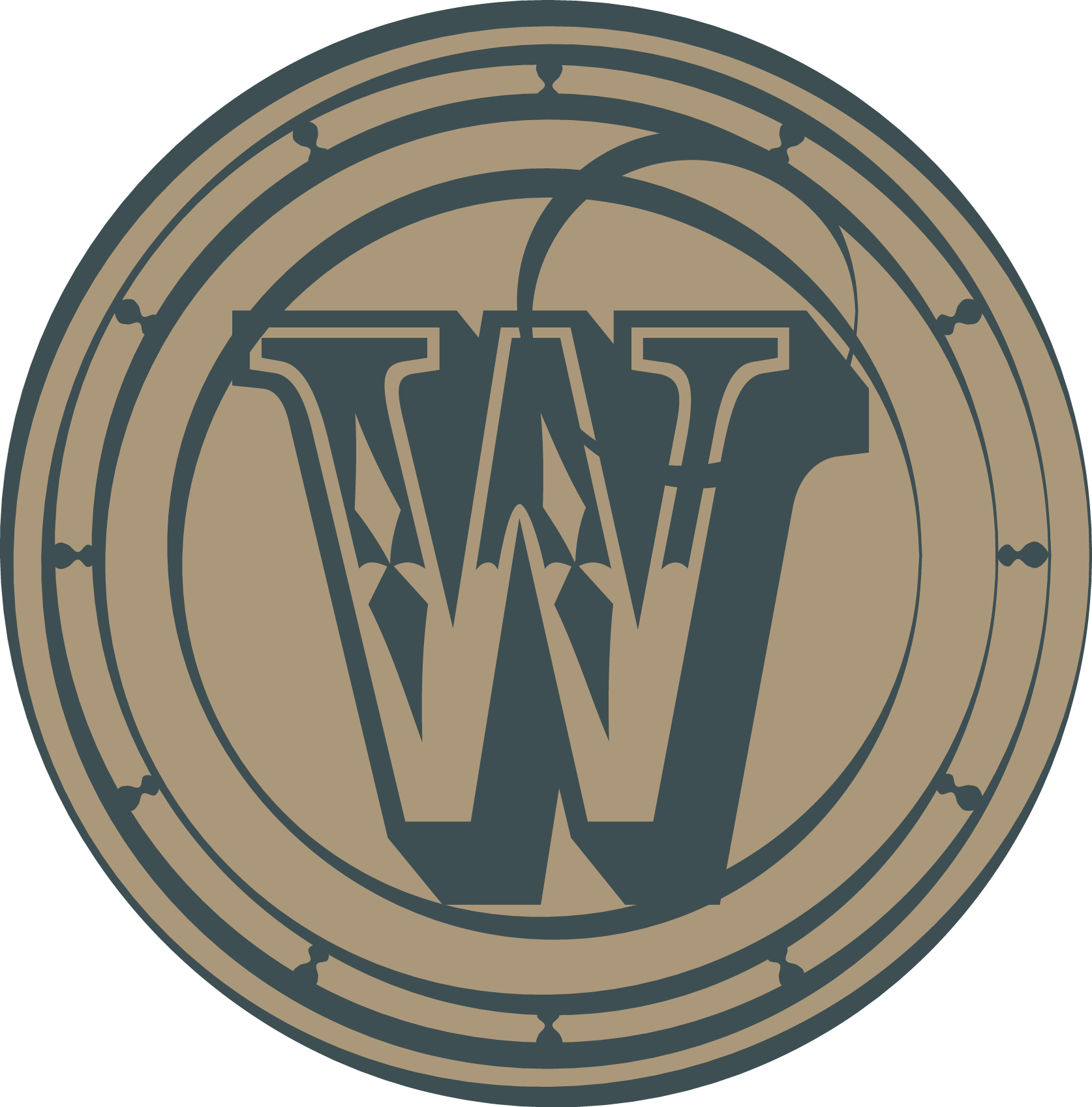This week we dove into researching topics related to our project in order to get ourselves familiar with the space before we start prototyping. We met with Eric on Wednesday and Friday to get feedback and additional resources. Our focus was on topics like computer science education and virtual reality interactions with regards to education, as we believe that those are the most relevant to what we are trying to do.
Miriam focused on existing computer science education and programming in virtual reality. She found that active learning is generally considered to be the most effect way to develop skills like computer science. However, programming education in virtual reality is still not particularly developed, nor is programming in virtual reality. At the moment, most coding in virtual reality takes the form of text editors on planes in virtual reality. Of course, we are not trying to create a virtual development environment, but we will want to explore better options for user interfaces in virtual reality.
Jiawen researched computer science concepts, how they are being taught to kids in grade school, and the benefits of learning those concepts. In particular, she looked into the AP computer science curriculum as a potential guide for our prototyping and collected resources like the syllabus, teacher guides, and lectures then could be useful for us throughout the process.
Luna did research specifically on topics related to kids and virtual reality educational content, including the age restrictions and benefits of bringing the educational process into virtual reality. She learned from the survey of kids about their preferences when it comes to virtual reality content, and found that they tend to prefer action scenarios and real world situations. Also, after reading through several papers discussing why virtual reality has an advantage in teaching, she figured out some pros and cons of designing educational content in virtual reality. We think we could use some of that information as inspiration or guidelines for our designs.
Zach focused on researching the existing software that aims to teach programming, such as Scratch, Buildbox, and BeetleBlocks. Each of those games has their own specific features, and some of those could be useful to our design process. Zach has also been working on creating our team’s poster.
Nick looked into existing Alice programs and games designed to teach programming. He learned the design initiatives and principles behind Alice and how much it helped students learn programming. He found several impressive designs that visualized coding in interesting ways, and learned about how they split up content into different stages to match up with students’ learning curves.
Joe also looked into existing educational games, but he focused specifically on virtual reality games. He found that most educational virtual reality games currently focus on simulations and travelling to locations that would otherwise be impossible to get to.








